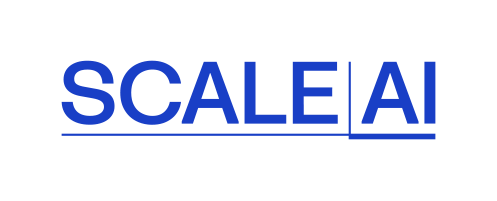How can you talk about your AI without giving away secrets? The problem most founders have isn’t trade secret “theft”.
It’s trade secret “philanthropy”.
“If you present slides publicly, assume everyone including your competitors will have them. If you present slides privately, assume a high probability that your competitors will acquire them. Do not put your trade secrets, proprietary algorithms, patentable technology or secret sauce on presentation slides – ever.”
-Steve Blank, entrepreneur and author
Even under NDA, legal protections for secrets are weak. The best protection is to keep them secret.
Use these 7 habits to reduce over-disclosure when talking to customers, collaboration partners and others:
1. Think customer first. They care about themselves, so focus on their PROBLEMS, the OUTCOMES you deliver, and BENEFITS they’ll see, instead of revealing unnecessary detail.
2. Share use cases & success stories so they better understand your value. This also builds credibility without compromising your secrets.
3. Use generic descriptions or analogies, which are easier for them to understand anyway: “Our product uses advanced algorithms to …” or “Our product is like a personal assistant for …” helps them visualize without technical details.
4. Demonstrate results. A prototype or test results can demonstrate your value proposition without revealing its inner workings. But you might need to adjust the demo to obscure unnecessary internal information. Resist the urge to impress them with unnecessary details.
𝟓5. Limit the scope of discussion (need-to-know). Focus on what they need to make a decision. If a question is out-of-scope, take action to get back with a response, to provide time to plan it. Even under NDA, resist “verbal diarrhea”.
6. Be transparent about what can be shared. Showing you take confidentiality seriously builds respect and trust. Don’t be shy to say a topic is “off limits”, and tactfully remind them of the NDA.
7. Be wary, but not afraid… You must share information to engage others. Weigh the value of disclosure versus not disclosing. Challenge yourself to find other ways to convey your points. Prepare by defining “no go” zones in your mind, and also by right-sizing disclosure for the situation.
Perfection is not required. But striving to follow these 7 habits will protect your secret IP better.
Start today, and you’ll be way ahead of the pack.

